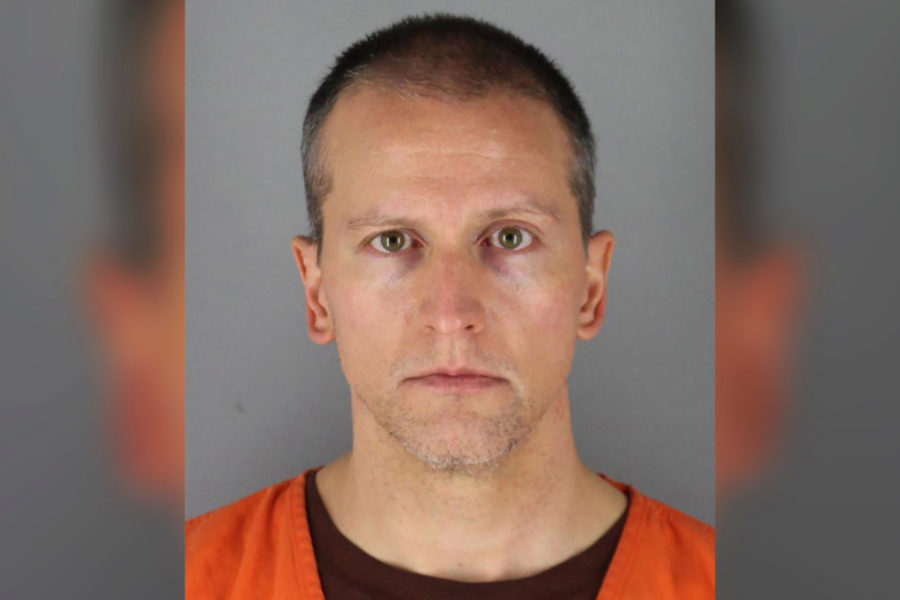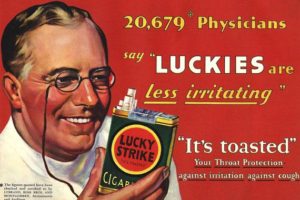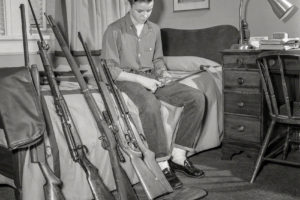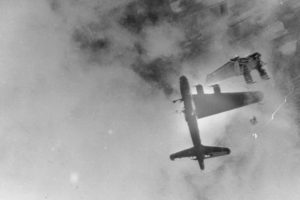Yesterday The American Spectator published my analysis of Derek Chauvin’s trial. You can access it on the AmSpec paywall protected website by clicking on this link, or you can read it (minus reader comments) below.
Derek Chauvin’s Slow-Motion Guilty Plea | The American Spectator | USA News and Politics
The most difficult subjects can be explained to the most slow-witted man if he has not formed any idea of them already; but the simplest thing cannot be made clear to the most intelligent man if he is firmly persuaded that he knows already, without a shadow of doubt, what is laid before him.
– Leo Tolstoy, 1897
Every criminal trial starts the same way: the prosecution is rounding third and heading for home.
– Veteran Philadelphia trial lawyer, circa 1983
The accused’s presumption of innocence is a sacrosanct principle of our jurisprudence. But, as a practical matter in criminal jury trials, it’s a complete fiction. Despite the judge’s stern instructions about the presumption of innocence and the prosecutor’s unshifting burden to prove each and every element of the crime charged, most jurors will assume that the state must have had good reasons for arresting the defendant and, subconsciously or otherwise, start the case with a pro-prosecution bias.
So it is that, despite the legal presumption of innocence, as a matter of human nature, in almost all trials the defense bears the inescapable burden of overcoming the jury’s assumption of the defendant’s guilt. Consequently, in order to prevail, the defense must win the jury over either by picking apart the prosecution case or refuting it with compelling evidence.
And that did not happen in the trial of Derek Chauvin.
Let me pause at this point to make one thing clear. None of what I’m about to tell you is a criticism of Chauvin’s lawyer, Eric Nelson. In my opinion, Nelson showed a great deal of courage, grit, and determination in taking on the unpopular and dangerous task of defending Chauvin. As will be explained below, the court’s denial of the defense motion for change of venue out of the Hennepin County war zone sealed Chauvin’s fate before the trial even began. No lawyer, no matter how committed and capable, could have won this case under the oppressive threat of mob violence that prevails in Minneapolis.
Moreover, by last count, Nelson was up against a prosecution team of 17 lawyers (many of whom were on loan from big law firms), which occupied two full floors of the Hennepin County Government Center. The task of slugging it out in court under these stressful and difficult circumstances required cold nerve, unremitting effort, and commitment, all of which Nelson admirably demonstrated.
To be sure, I would have taken a much different approach to defending the case. But that doesn’t make me right and Nelson wrong. Given the dire and difficult circumstances that he faced, Nelson did a very creditable job.
As I argued in The American Spectator months ago, the defense had the impossible task of picking a fair, impartial, and unintimidated jury in Hennepin County where riots, looting, burning, and violence followed the death of George Floyd. Because the court denied the defendant’s motion for change of venue, Chauvin was tried before a jury that had to have been concerned about a repeat of riots, violence, and personal safety should they vote to acquit.
Of those who were selected as jurors, many testified in voir dire that they had a negative view of Chauvin and had preconceptions regarding his actions and guilt. Nevertheless, they were sworn as jurors because they answered in the affirmative the standard — and utterly ridiculous — question as to whether they could put aside their opinions and dislike of the defendant and fairly and impartially decide the case solely on the evidence presented in court and the judge’s instructions on the law.
This question, which is used in all jury trials, is but one more example of legal fantasy at odds with human nature since few, if any, people will ever admit that they can’t be fair, impartial, and open-minded.
So it happened that the defense had to change the minds of the jurors who disliked Chauvin and convince them that their preconceptions regarding his actions and guilt were wrong. This is a nearly impossible task.
Where opinions have already been formed, what psychologists call “confirmation bias” takes hold. This is the tendency to search for, interpret, and favor information that supports one’s prior beliefs or values while ignoring information or evidence that contradicts what they already believe to be true. (See, e.g., Nickerson, Raymond S. (1998), “Confirmation bias: A ubiquitous phenomenon in many guises,” Review of General Psychology, 2 (2): 175-220).
Or, as Judge Taylor succinctly put it in To Kill a Mockingbird, “People generally see what they look for, and hear what they listen for.”
Overcoming this confirmation bias on the jury was a major challenge facing the defense, and one that became even more difficult — if not impossible — when, during the trial, the City of Minneapolis reinforced that bias by paying the family of George Floyd $27 million in recompense for his death while being held down by Chauvin.
One of the key questions in the case was why Chauvin kept his knee on George Floyd for as long as he did. Although the best witness to answer this question was Chauvin, he didn’t testify in his own defense.
In my experience, if the defendant does not testify when it is critical that he do so, his trial becomes nothing more than a slow-motion guilty plea. Jurors always want to hear from the defendant and will assume the worst from his failure to take the stand, face down his accusers, and subject himself to cross-examination.
This is true even though the court will — as happened in Chauvin’s trial — instruct the jurors that they cannot draw any negative inference based on the defendant’s failure to testify. Once again, that instruction is just one more fatuous legal imperative that is disconnected to reality and human nature. Consequently, regardless of the court’s admonitions, without his testimony, Chauvin’s slim chance of acquittal vanished as he, by his silence, tacitly conceded that he had no good reason for what the prosecution characterized as his excessive use of force.
This is not meant to be critical of Chauvin or his lawyer. I’m not privy to the reasons why he did not take the stand. There could be many good reasons for him not to testify. For example, it may be that in mock cross-examination by his own lawyer, Chauvin proved to be an inept witness who could not hold his own under questioning.
But whatever the reason, Chauvin’s failure to testify was, in my estimation, a major blow to his already faltering cause.
As for the dueling expert testimony regarding Floyd’s death, I found the prosecution’s theory of positional asphyxiation to be unpersuasive. On the other hand, while I thought the defense’s cause-of-death evidence to be far closer to the truth, its presentation was weak and unfocused. The ample evidence proving that Floyd’s death was not caused by Chauvin needed to be forcefully rammed home. Unfortunately, it was not.
But, even though the defense could have done a better job of explaining the true cause of death, given the jurors’ confirmation bias, many of them most likely would not have been receptive to such evidence. Moreover, no matter how well presented, such evidence would not have changed the outcome.
Given the very real threat of imminent mob violence, the preconceptions and dislike of the defendant by the jurors, and his failure to testify, Derek Chauvin’s conviction was inevitable.
George Parry is a former federal and state prosecutor. He blogs at knowledgeisgood.net and may be reached by email at kignet1@gmail.com.




1 Comment
Leave your reply.